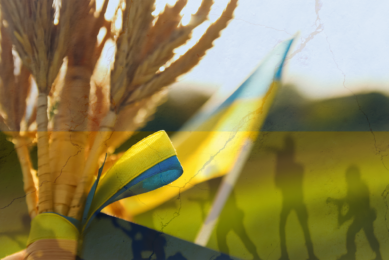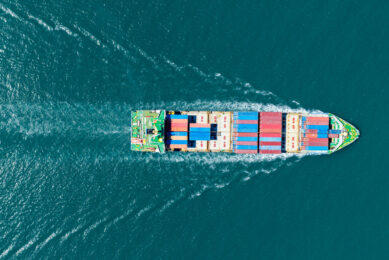Dutch importer: “Ukranian corn free of dioxin”
While a scandal over eggs poisoned with dioxin is escalating in Germany, the Netherlands is seeking defendants. “No tests have currently confirmed the origin of dioxin from Ukrainian corn,” Lambert Liegeois, the owner of Meunerie Liegeois, a Dutch importing firm, told an Ukrinform correspondent in Germany.
A small private company, Meunerie Liegeois, located in the French-speaking village of Mesch, has imported bio-products from Ukraine such as grain, rapeseed and corn for nearly 12 years.
"We had no problems over these years," Liegeois said. He noted that the company imported about 80 tonnes of Ukrainian corn annually, each time checking its quality.
No proof of poison
"So now we are particularly indignant at the exaggerated scandal with dioxin in Germany. No authority managed to report to us, as a direct supplier of corn from Ukraine to the EU, on the basis of tests, that the corn was poisoned with dioxin in Ukraine," he said.
The importing firm received a batch of corn, in which dioxin was allegedly found, last December.
"This batch, like the others, was sold to us by the Kherson-based private enterprise Dnepr-2,” Liegeois said.
Corn was delivered in containers on board a cargo ship first to the port of Rotterdam." “Routine tests were conducted there, and no signs of poison were found," the importer said.
Then, in his words, the product was resold to a Dutch intermediary, a company involved in direct sales of products. In particular, the Ukrainian corn was partially sold to the Dutch feed producing enterprise ForFarmers and the German bio-feed manufacturer Reudink in Westphalia.
Those, in turn, sold mixed fodder produced from Ukrainian corn to poultry farms.











